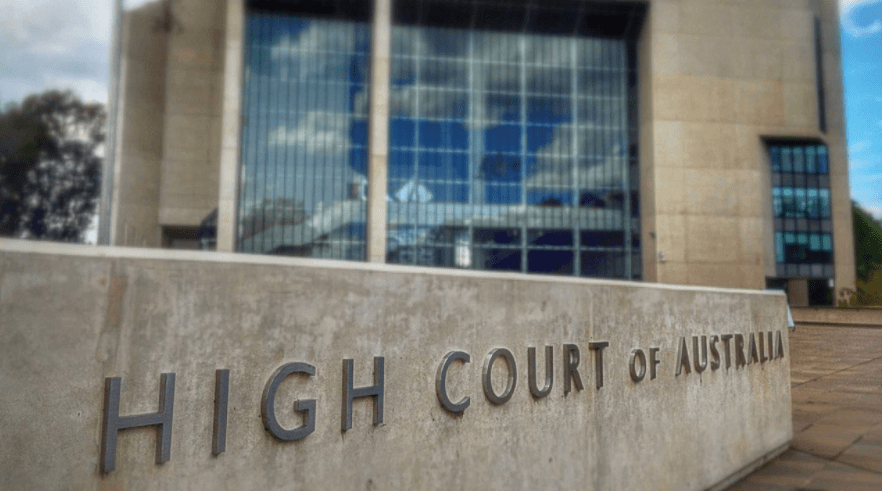© CEFA
First Peoples of Australia have a unique position in Australian society as the traditional owners and custodians of land and sea country. It’s a dynamic and changing area of law that continues to be contested.
The recent Love v Commonwealth; Thoms v Commonwealth High Court decision, held that an Aboriginal person born overseas cannot be an “alien” subject to deportation under the Migration Act 1958 (Cth), because of the deep connection and belonging First Peoples have to the continent of Australia. This case is a recent example of how state-indigenous relationships are defined and delimited within the legal system through the common law, statutory law and constitutional law in a way that is profoundly intertwined with states’ colonial history and the evolution of constitutional and human rights norms. However, the Thoms decision may be under threat with a new case to be heard on whether a person born overseas (and adopted under Aboriginal law) can be an alien and subject to deportation in Attorney General v Montgomery (discussed by legal scholars in “Why Indigenous people cannot be aliens in their own land“).
LAW164 Law and First Peoples of Australia introduces you to First People’s systems of law and the interaction between these laws and the Anglo-Australian legal system; and critically examines the impact of Anglo-Australian law and policies on First Peoples. We also explore the complex legal, political, social and cultural factors that contribute to current debates on legal issues of significance to First Peoples, and develop skills in cultural competency to enable you to work effectively with Aboriginal and Torres Strait Islander peoples and communities.
You’ll be led on this journey by Associate Professor Guy Charlton and Ms Marcelle Burns.
You can connect to UNE Law School’s First People Rights and Law Centre. The Centre welcomes academics and students to delve deeper into the issues that matter.

Marcelle Burns

Guy Charlton



